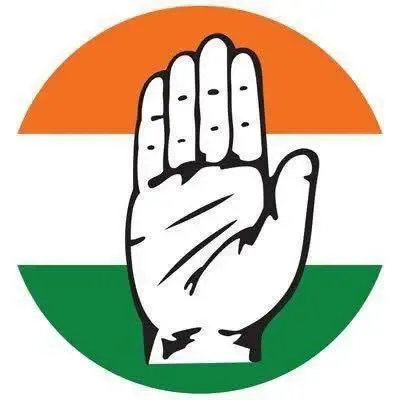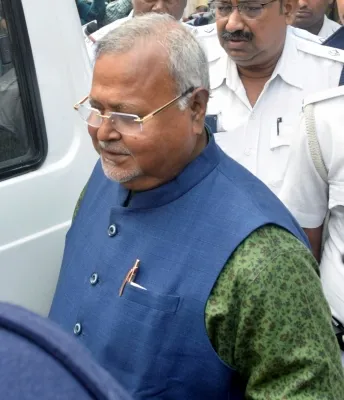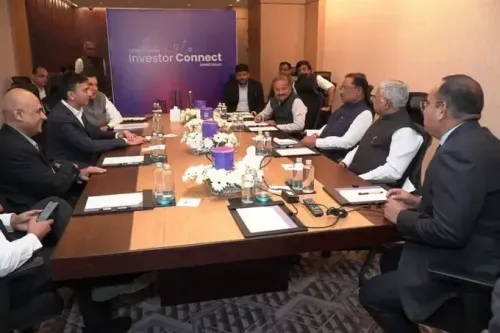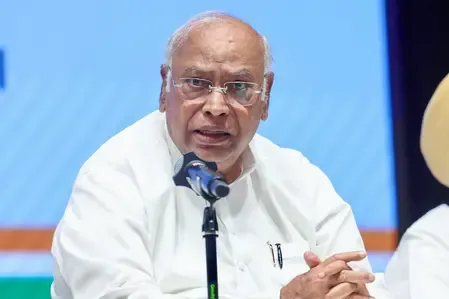What Does the Defection of 17 Congress Leaders to BJP Mean for Bihar Ahead of Rahul Gandhi’s Visit?
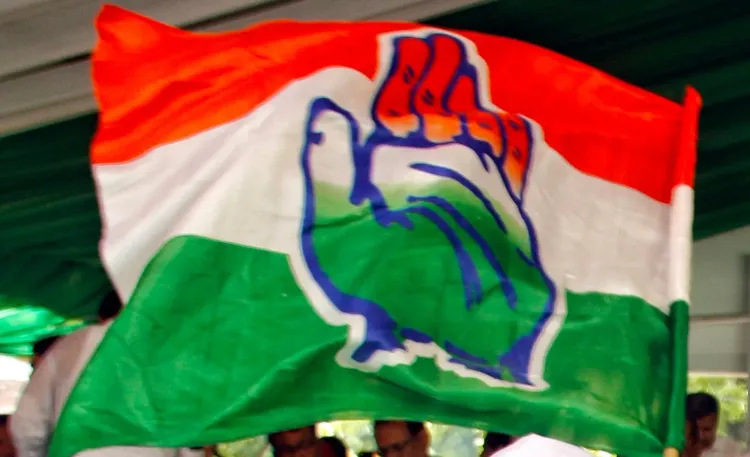
Synopsis
Key Takeaways
- 17 Congress leaders have defected to the BJP, marking a significant political shift.
- The move raises concerns about Congress's strength in Bihar.
- Tariq Anwar faces growing scrutiny over his leadership style.
- The defections highlight internal strife within the Congress party.
- Upper-caste community sentiments are crucial to the upcoming elections.
Patna, May 12 (NationPress) In a significant political upheaval just ahead of Congress leader Rahul Gandhi's impending visit to Bihar, 17 key leaders from the Katihar district have left the Congress party to join the BJP.
This political transition comes amidst serious allegations against senior Congress figure and six-time MP Tariq Anwar, further widening the fissures within the party and calling into question the Congress’s viability in the region.
The defection was spearheaded by Vikas Singh, the president of the Congress-affiliated labor organization INTUC, who accused Anwar of perpetuating an “anti-upper caste mentality” through both his actions and rhetoric.
“This is merely the beginning. Countless workers are poised to join the BJP in the upcoming days,” Singh proclaimed while transitioning to the BJP in the presence of Bihar’s PHED Minister Neeraj Kumar Singh Bablu at an event in Patna.
As per Singh, the decision of these 17 influential upper-caste Congress leaders to defect stems from growing discontent regarding Anwar’s alleged bias and attitude.
He asserted that Anwar’s approach has alienated a significant portion of upper-caste supporters—a critical voting bloc in Katihar, where caste dynamics heavily influence electoral outcomes.
The departure of these leaders, coupled with escalating caste tensions, comes at a time when Congress is grappling with internal strife within the INDIA Bloc.
Such shifts could undermine Anwar’s traditional support base and damage his reputation, especially with assembly elections on the horizon.
Katihar, once viewed as a Congress bastion under Anwar’s leadership, now appears politically precarious.
The upper caste community, which wields considerable influence in the area, may now distance themselves from Congress—posing a potential electoral threat if not promptly addressed.
While Anwar has yet to publicly respond to these allegations, this incident presents a new challenge for his leadership. As a senior party figure and national representative for Bihar, Anwar’s credibility and appeal among the masses are now under scrutiny.

